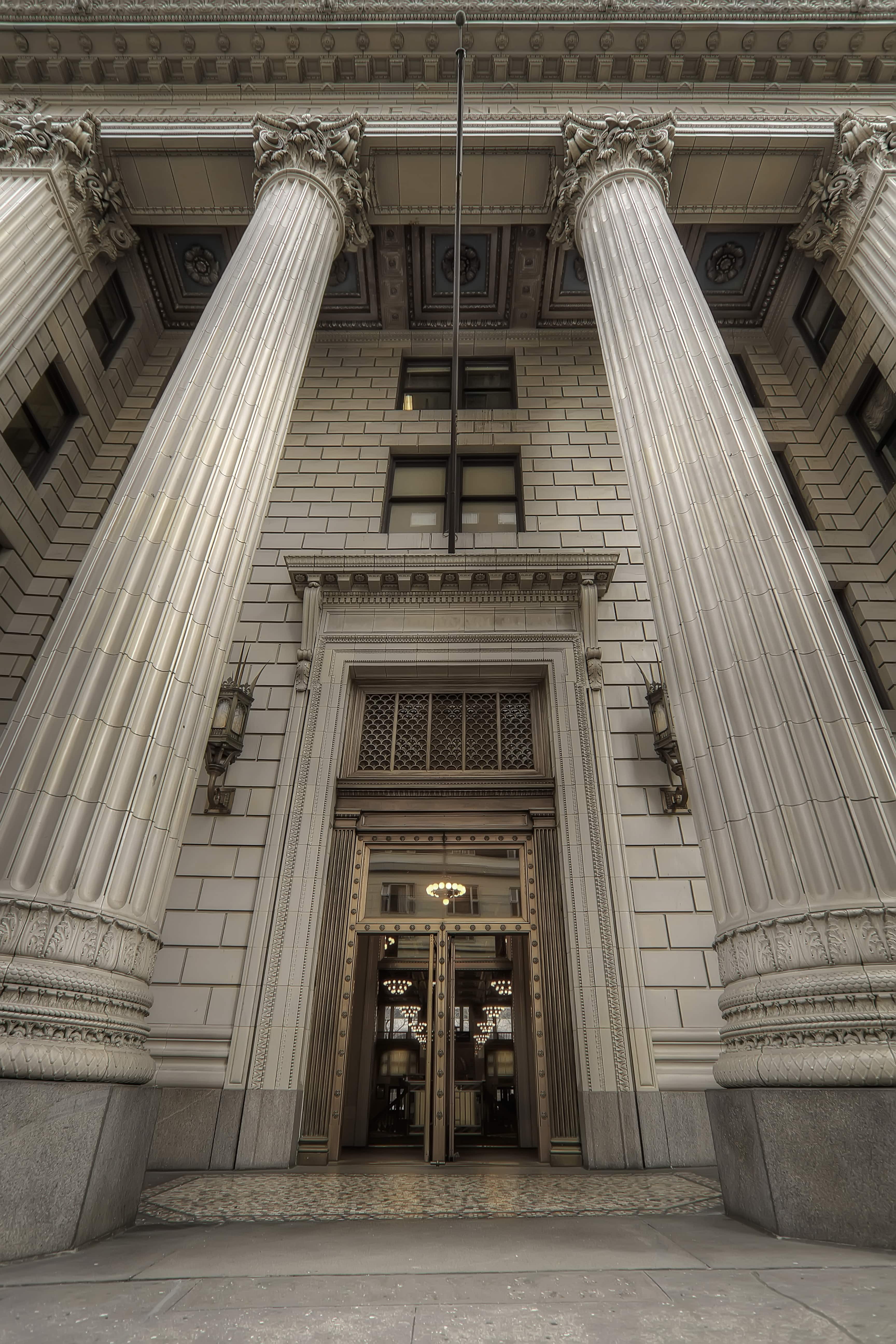How do corrupt government officials hide billions in illicit payments? Often, they turn to the murky world of offshore banking. However, that may soon change with the release of the Panama Papers, which consist of 11.5 million documents leaked from Mossack Fonseca, a Panama-based law firm that specializes in managing money in offshore accounts. The files hacked from Mossack Fonesca has implicated a number of current and former government officials, including Vladimir Putin and his inner circle, eight current and former members of China’s Communist party, and FIFA’s newly-elected top official, Gianni Infantino. The revelations included in the Papers have already resulted in the resignation of Sigmundur David Gunnlaugsson’s, Iceland’s prime minster for alleged financial improprieties as well as Gonzalo Delaveau, the president of Transparency International Chile for his connections to five offshore firms.
The Implications for Corporate Compliance
While the extent to which the government officials mentioned in the Panama Papers benefited from bribery and corruption involving multinationals remains to be seen, when such activity does take place, third parties play a critical role in facilitating the payments. However, with such a large volume of incriminating data now in the public’s hands, regulators will undoubtedly face questions regarding their effectiveness in protecting public funds from powerful and corrupt officials.
Inevitably, the pressure on regulators to act will trigger heightened scrutiny of the effectiveness of corporate compliance programs in detecting and preventing the payment of bribes, which includes having the appropriate programs in place to support a risk-based approach to third-party due diligence.
Companies Need Transparency When Engaging Third Parties
In light of the Panama Papers, coupled with the discovery of systemic corruption in Brazil, and continued efforts by the United States and others at stamping out such illegal activity, companies should anticipate more regulatory scrutiny and adopt a proactive approach to third-party compliance.
Preventing bribery and corruption requires companies to perform desktop-level research and analysis of the local industry and mainstream media for mention of a third party and its principals. For third parties that present higher levels of risk, there is no substitute for engaging investigators with local knowledge and honed investigative skills. Such investigations provide company executives with critical intelligence that goes beyond publicly available data in terms of accuracy, reliability, and validity.
 Back to Insights
Back to Insights



